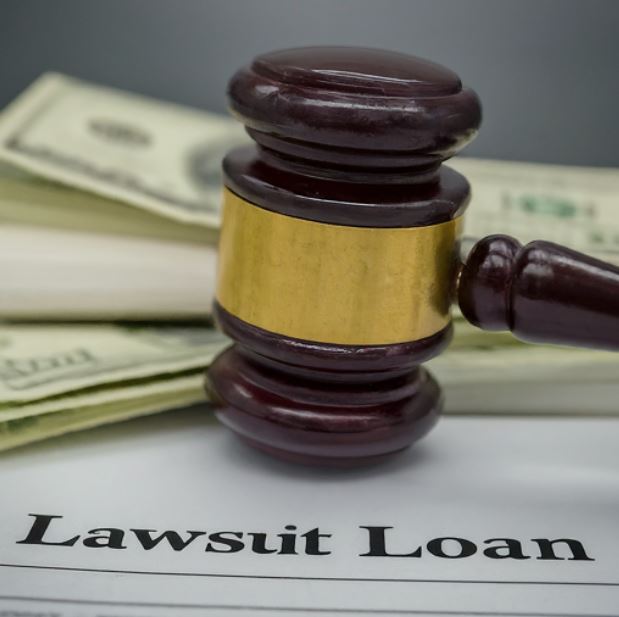
Car accidents can leave not just physical scars but also financial burdens in their wake. The journey from the immediate aftermath of an accident to securing compensation can take time and be fraught with challenges, including legal battles and financial hardships. In turn, many victims of car accidents who are in need of cash turn to lawsuit loans for the interim while they receive their settlement.
The Impact of Car Accidents
Car accidents bring about a domino effect of consequences, from physical injuries and emotional trauma to financial strain due to medical bills and lost wages. The complexity of larger and more serious car accident claims, compounded by the need for proving negligence, makes the pursuit of fair compensation a daunting task for many victims.
Understanding Lawsuit Loans
For many, lawsuit loans emerge as a critical lifeline, providing financial relief when it’s most needed. These loans offer an advance against the expected settlement or judgment in a lawsuit, enabling victims to manage their financial obligations during the often protracted legal proceedings. Here is an example of a California-based pre-settlement funding company.
Pros of Lawsuit Loans
- Immediate Financial Relief: Lawsuit loans provide immediate funds to cover living expenses and medical bills, easing the financial pressure on car accident victims.
- No Repayment If You Lose: If the lawsuit does not result in a settlement or judgment in your favor, there is no obligation to repay the loan.
- Empowerment in Legal Battles: With financial concerns addressed, victims can afford to wait for a fair settlement rather than accepting a lowball offer out of immediate necessity.
Cons of Lawsuit Loans
- High-Interest Rates: The cost of lawsuit loans can be quite high, with interest rates that significantly eat into the settlement amount.
- Complexity and Risk: Navigating the terms and understanding the full implications of taking out a lawsuit loan can be complex, posing a risk of unforeseen financial burden.
Making Informed Decisions
Before considering a lawsuit loan, exploring all available options is crucial. This includes insurance payouts, personal savings, or support from family and friends. Should a lawsuit loan be the only viable option, understanding the terms, interest rates, and repayment conditions is paramount.
The Role of Legal Assistance
Securing competent legal representation is vital in navigating the aftermath of a car accident. An experienced attorney can not only guide you through the legal process but also provide advice on financial decisions, including the feasibility of a lawsuit loan.
Alternatives to Lawsuit Loans in California
For those in California facing financial hardship post-car accident, lawsuit loans, though tempting, come with steep costs.
It’s advisable to explore all other options as well. California offers several resources:
- CalFresh Supplemental Nutrition Assistance Program: Provides aid for low-income families to afford healthier food.
- Housing Assistance via Housing.ca.gov: Includes rent relief and eviction protection programs.
- Local Food Banks: Accessible via specific websites, offering essential food support.
- CA SSDI and SSI benefits: For those whose injuries have significantly impaired their ability to work.
- California CalWORKs: Offers cash assistance to families where the primary earner is incapacitated.
Legislative Updates on Lawsuit Loans
Recent legislative actions in California have significant implications for the lawsuit loan industry. The “Predatory Lawsuit Lending Prevention Act,” SB 581, initially proposed by State Senator Anna Caballero, aimed to increase transparency by mandating disclosure of external funding for lawsuits in state courts. Originally, this bill required comprehensive public disclosure from all parties involved in litigation. However, after intense lobbying, amendments were made. Now, disclosures are only necessary if specifically ordered by a judge and can be conducted privately.
This change, occurring after negotiations and revisions shortly before a key legislative hearing, marks a substantial victory for plaintiffs’ lawyers and litigation funders, diluting the bill’s initial intent for broad transparency. Such developments reflect ongoing debates and lobbying efforts surrounding the $12 billion litigation finance industry, notably divergent from practices in jurisdictions like New Jersey’s federal court or specific mandates by US Delaware federal Judge Colm F. Connolly for patent cases.










